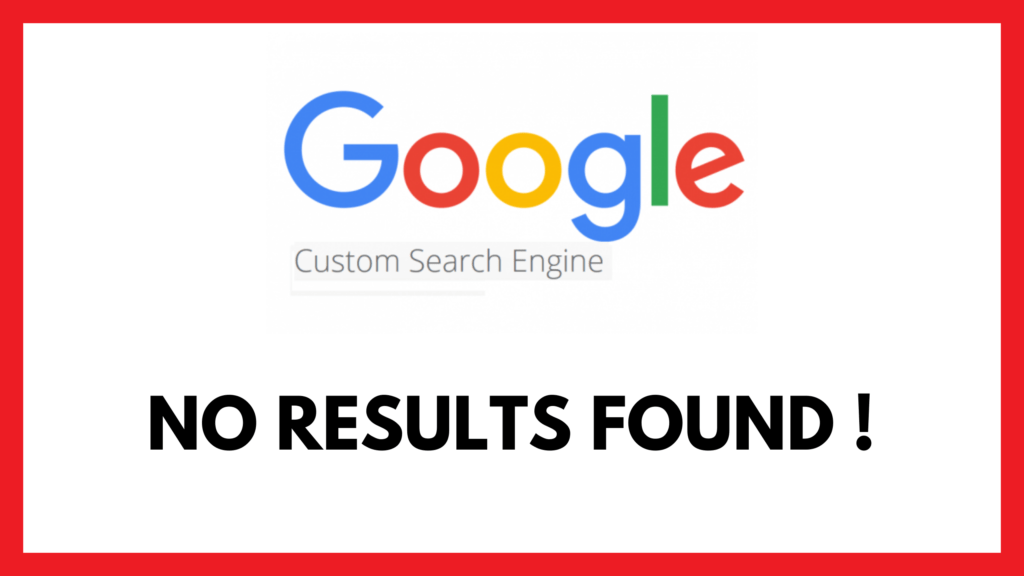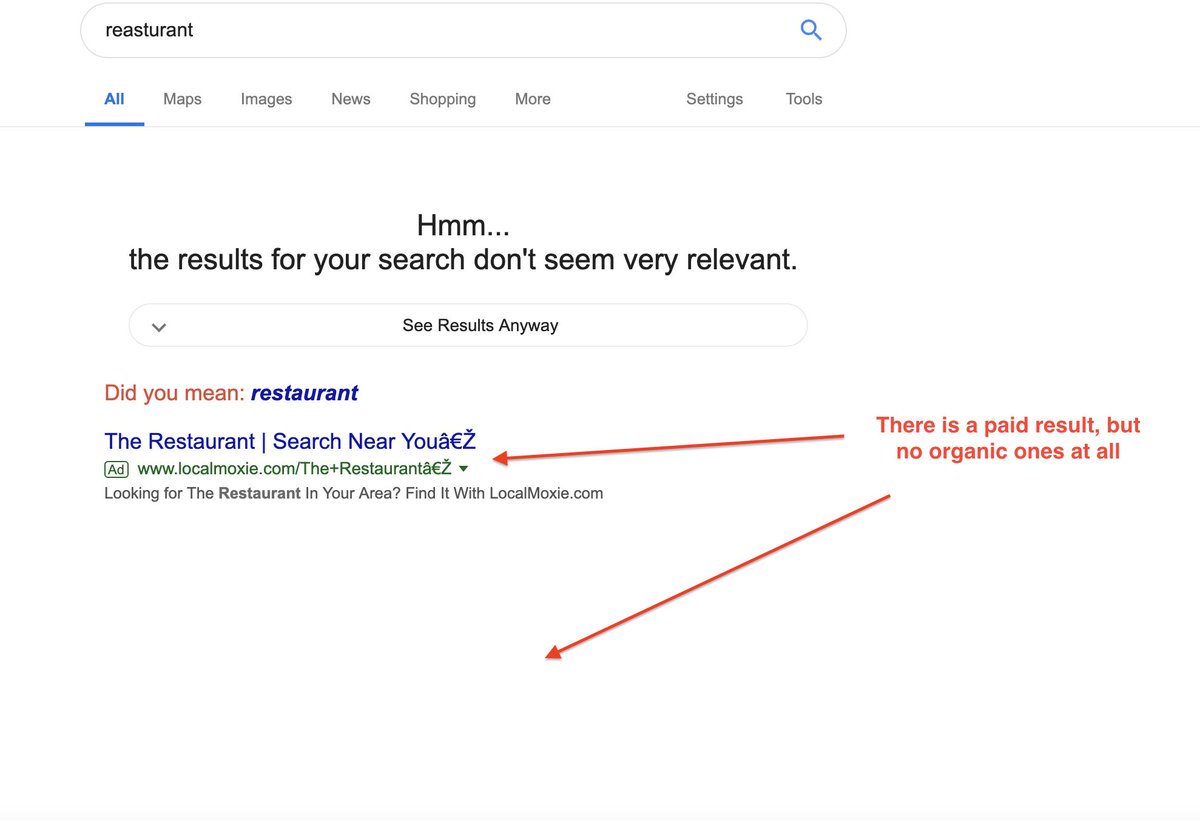Ever stared blankly at your screen as Google stubbornly refuses to cough up any results? It's not just frustrating; it's a roadblock in today's information-driven world. When your digital compass fails, understanding why and how to fix it becomes paramount.
The digital world hums with the promise of instant information, yet sometimes, that promise is broken. Google, the ubiquitous search engine, occasionally falters, leaving users stranded in a sea of digital silence. The reasons behind this can range from simple browser hiccups to more complex network configurations. Identifying the root cause is the first step towards restoring your access to the world's information.
| Category | Details |
|---|---|
| Common Google Search Issues |
|
| Possible Causes |
|
| Troubleshooting Steps |
|
| Additional Resources |
|
One of the most common culprits behind a malfunctioning Google search is old or corrupted cache data. Your browser stores temporary files, including cookies, to speed up the loading of frequently visited websites. However, over time, this cached data can become corrupted or outdated, leading to various problems, including issues with search functionality. Clearing your cache and cookies essentially gives your browser a fresh start, often resolving conflicts and restoring Google search to its optimal state.
- Lisa Arnault Blackpink Stars Romance With Lvmh Ceo
- Karen Sibley Daniel Ezra Unveiling Their Unique Connection
To clear your cache and cookies, navigate to your browser settings. The exact location of this option may vary depending on your browser, but it's typically found under "Privacy" or "History." Look for an option to clear browsing data, and make sure to select "cache" and "cookies" before clearing. Once the process is complete, restart your browser and try Google search again. This simple step can often work wonders.
Another potential fix lies in your DNS (Domain Name System) settings. DNS servers translate domain names (like google.com) into IP addresses, which computers use to communicate with each other. Incorrect or inefficient DNS settings can lead to problems accessing websites, including Google search. By changing your DNS settings, you can potentially resolve these issues and improve your overall browsing experience.
Configuring DNS settings involves accessing your network settings and locating the DNS server settings. You can typically find these settings in your operating system's network control panel or settings menu. Once you've located the DNS server settings, you can manually enter the addresses of public DNS servers, such as Google Public DNS (8.8.8.8 and 8.8.4.4) or Cloudflare DNS (1.1.1.1 and 1.0.0.1). After changing your DNS settings, restart your computer for the changes to take effect.
- The Eduardo Saverin Story From Facebook Founder To Billionaire
- Understanding Crew Gaines Disability A Journey Of Resilience Hope
Sometimes, the issue isn't with your browser or network settings, but with your firewall or antivirus software. These security tools can sometimes block access to Google search, especially if they're configured with overly strict settings. Check your firewall and antivirus settings to ensure that Google search is not being blocked. You may need to add Google search to the list of allowed websites or applications in your security software.
If you suspect that your firewall or antivirus software is the cause of the problem, try temporarily disabling them and then try Google search again. If Google search works after disabling your security software, you'll need to adjust the settings to allow access to Google search. Remember to re-enable your security software after troubleshooting.
Another useful troubleshooting step is to try using Google's services in incognito or private browsing mode. Incognito mode disables browser extensions and prevents the browser from saving your browsing history, cookies, and cache. This can help you determine whether a browser extension or cached data is causing the problem. If Google search works in incognito mode, you may need to disable or remove problematic browser extensions or clear your browser's cache and cookies.
Google itself offers a page dedicated to troubleshooting issues with their services. This page provides helpful information and tools for diagnosing and resolving problems with Google search, as well as other Google services. Check this page for specific troubleshooting steps and solutions related to your issue. The official Google Search Help Center is also a valuable resource for finding tips, tutorials, and answers to frequently asked questions.
Google server issues can also lead to intermittent problems with search functionality. Sometimes, these servers experience overloads or outages, preventing you from accessing the search engine. For instance, when the Google servers are down, no amount of troubleshooting on your end will resolve the issue. In such cases, the only thing you can do is wait for Google to resolve the issue on their end. You can check online resources like Downdetector to see if other users are reporting similar problems with Google search.
Connectivity problems can also prevent you from accessing Google search. If you can't connect to Wi-Fi or have a slow connection, you may experience difficulties using Google search. Check your internet connection and make sure that you have a stable and reliable connection. Try restarting your modem and router to refresh your connection. If you're using a mobile device, try switching between Wi-Fi and cellular data to see if that resolves the issue.
Sometimes, the problem may lie with the Google app itself, particularly on mobile devices. If you're not getting search results in the Google app, you might need to change some settings. Check the app's settings to ensure that it has the necessary permissions and that it's configured correctly. You should also ensure that you have the latest app version installed on your Android phone or tablet. You can check for updates in the Google Play Store.
If none of the above steps work, try uninstalling and reinstalling Google Chrome or the Google app. This can help to refresh the application and resolve any underlying issues that may be causing the problem. Before uninstalling, make sure to back up your browser data, such as bookmarks and passwords, so that you can restore them after reinstalling.
In some cases, the issue may be related to your operating system. On Windows, you can try running the built-in troubleshooter to diagnose and fix problems with search and indexing. To do this, select the Start button, select Settings > Update & Security, and then select Troubleshoot. Find and click "Search and Indexing," and then click "Run the troubleshooter." The troubleshooter will automatically detect and fix any problems it finds.
It's also essential to ensure that your browser is up to date. Outdated browsers can sometimes cause compatibility issues with Google search. Ensure that Chrome is up to date by going to 'Help' > 'About Google Chrome' and checking for updates. The browser will automatically check for and install any available updates. Restart your browser after updating to ensure that the changes take effect.
DNS issues can sometimes manifest in unexpected ways. If your applications see different addresses from the dns.google web results, it indicates a potential DNS configuration problem. If the dns.google website is blocked or shows very different results, first check that you are using Google Public DNS. This helps ensure consistent and accurate DNS resolution across your devices.
The repeated failure of search engines to deliver results can be incredibly frustrating. The recurring message, "We did not find results for:", suggests a significant challenge in information retrieval. Understanding the reasons behind this failure is crucial for both users and search engine developers. While Google strives to provide accurate and relevant results, various factors can sometimes lead to unsuccessful searches.
Poor Google search performance can have a significant impact on user experience. Failure to find the desired information results in user frustration, lost time, and potentially misleading information. Users may find themselves turning to other search engines to find what they want, highlighting the importance of reliable and efficient search functionality.
There are various reasons why the selected canonical URL may differ from the canonical URL you'd prefer to see in search. The most common issues are related to incorrect canonical tags, duplicate content, or misconfigured website settings. Ensuring proper canonicalization is essential for optimizing your website's visibility in Google search results.
To troubleshoot forwarding issues with email, you can use Email Log Search (ELS) to get the original destination address for inbound and outbound messages. ELS includes the source IP address of incoming messages, allowing you to troubleshoot SPF authentication issues. It also shows if messages received by users in your domain are marked as spam. This information can be invaluable for diagnosing and resolving email delivery problems.
In conclusion, while Google search is a powerful and reliable tool, it can sometimes encounter problems. By understanding the potential causes and following the troubleshooting steps outlined above, you can often resolve these issues and restore your access to the world's information. Remember to check your browser settings, network configuration, security software, and Google's own troubleshooting resources to diagnose and fix any problems you encounter.
- Viral News Trends Whats Hot Now Date Get The Latest
- Lisa Arnault Blackpink Stars Romance With Lvmh Ceo

